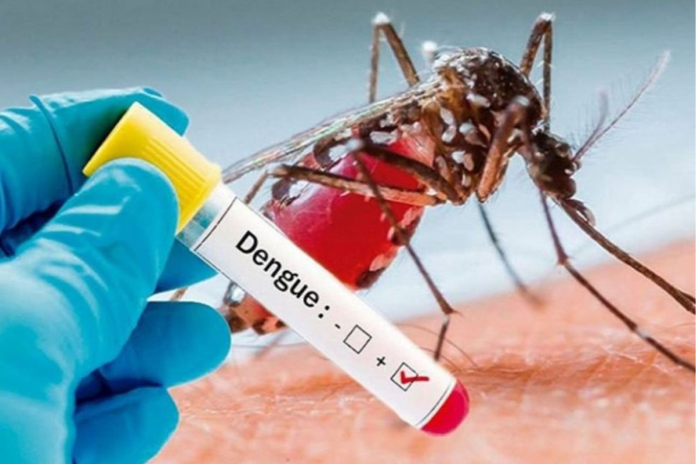WASHINGTON, USA, (PAHO) – The Pan American Health Organization (PAHO) has issued an epidemiological alert urging countries in the Southern Hemisphere to prepare for a possible simultaneous increase in influenza and other respiratory viruses, and dengue.
With the onset of flu season and the persistent circulation of dengue in several countries, PAHO recommends taking measures to strengthen health services. The aim is to ensure adequate medical care to patients, prevent complications and avoid overcrowding of health services.
- Related: Dengue
PAHO emphasizes the importance of planning the effective use of available resources, including personnel, equipment, and medical supplies, to cope with an eventual simultaneous increase in cases of respiratory illnesses and dengue.
In the epidemiological alert issued this week, the Organization notes that early identification and appropriate management of dengue cases are crucial to reduce hospitalizations for severe dengue. This will also alleviate the burden on more complex levels of care.
So far, in 2024, the Southern Cone has reported more than 6.1 million suspected cases of dengue fever (mostly in Brazil), representing a 333 percent increase compared to the same period in 2023. The Andean region, meanwhile, has notified more than 334,000 suspected cases, 42 percent more than in the same period of the previous year.
The circulation of respiratory viruses in the Southern Cone has varied, with an increase in influenza over the last four weeks. In the Andean subregion, although severe cases of acute respiratory infections have remained stable and low, the proportion of positive cases for respiratory syncytial virus (RSV) has increased.
PAHO also highlights the importance of providing guidance to health professionals on the appropriate clinical management of dengue and influenza cases in high-risk groups: people with comorbidities and pregnant women, for dengue fever; and people over 65 years of age, children under 5 years of age, pregnant women, postpartum women, people with obesity, those with underlying chronic respiratory conditions, and the immunocompromised, for influenza.





